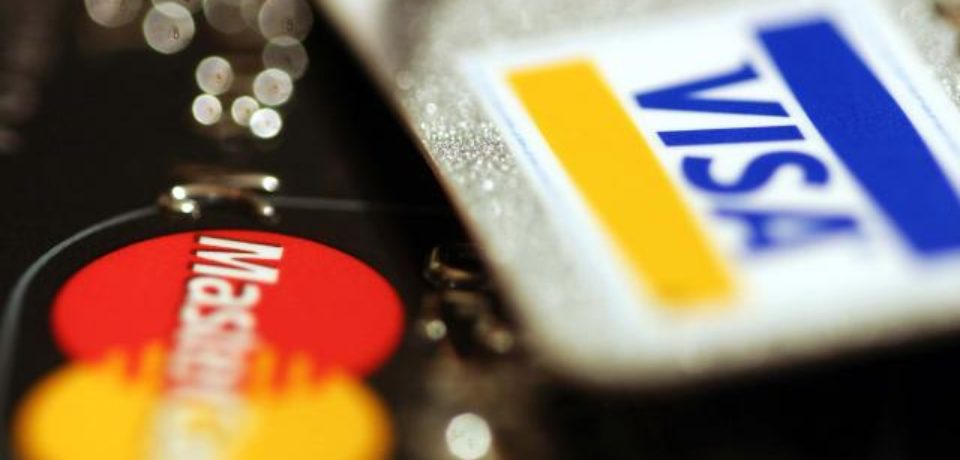Your credit is something you can’t run away from – at least not if you want the finer things in life after you graduate college, such as a car or house. Unless you were born into a wealthy family and a trust fund, you’re going to have to work for the things you want. Going to college is a great first step to financial freedom, but you still won’t get far without good credit so here are some of the best credit card tips for students.
Lenders simply won’t lend to you just because you hold a Master’s degree or even just because you’re earning $50,000 per year. Sure, some will take the chance, but you’ll pay for it with sky high interest rates. If you really want freedom to purchase any home or car you want, then you need to work on your credit. There are a number of ways you can do this, and the best time to start is as soon as possible. So why not begin while you’re in college?
Here are five essential tips for building your credit using credit cards.
- Get Your First Credit Card, But Choose Carefully
The first of our credit card tips – the quickest way to build your credit is also the same way you can quickly destroy it. Credit cards can be obtained from various banks and financial institutions, but they’re not all created equally. You need to be choosy about your first credit card and any other credit card you apply for thereafter. You should pay special attention to interest rates and read through promotional materials carefully for any credit cards sent to you in the mail.
- Always Pay Balances On Time
Don’t get carried away with your credit card spending or you’ll find yourself deep in debt. This is a time to learn about financial responsibility, so plan out your monthly income and expenses and see how you can maintain a $0 (or close to $0) balance on your credit cards. Simply put – don’t bite off more than you can chew. The best rule is to only spend what you can afford to repay.
- Stay Well Within Your Credit Limit
If you have three credit cards with $1,000 on each, but you only earn $1,500 per month, it wouldn’t be wise to max out all of your cards each month. You need to create a credit limit and refrain from going over it. As a rule of thumb, you should keep your spending below 30 percent your credit limit. Otherwise, your high debt-to-income ratio will reflect negatively on your credit report.
- Avoid Taking Out Cash Advances
Cash advances sound tempting, but you should think twice before taking one. The only time these should be considered is during emergencies. There’s a fee you have to pay for each cash advance you take out, which is normally between 3 and 5 percent of that amount. There’s also a higher interest rate associated with cash advances.
- Make a Habit of Checking Your Credit Report
It’s good to know what’s on your credit report, especially when you’re trying to build a positive credit history. There are things that may be on your report that don’t belong, which will need to be disputed. Keeping watch of your credit report will also help you to understand what type of information is recorded and how it affects your credit score.


